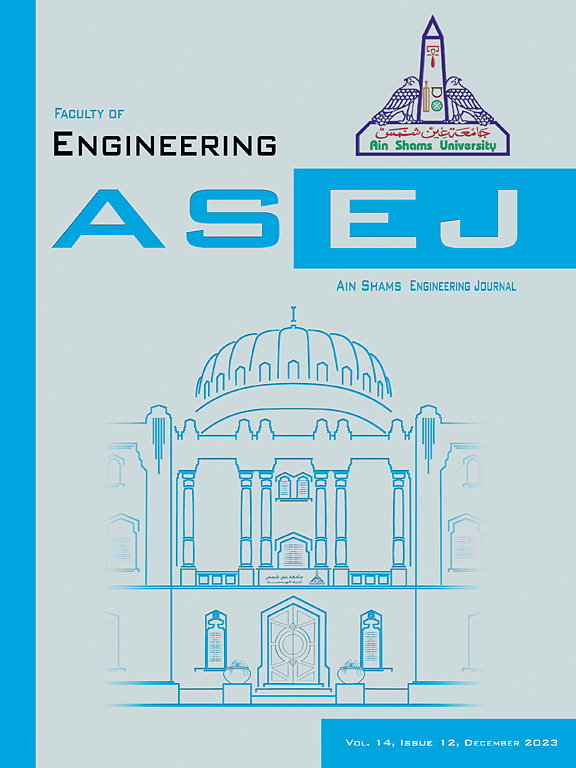Hybrid optimized droop control for DC microgrid with storage element based on CMPN algorithm
IF 6
2区 工程技术
Q1 ENGINEERING, MULTIDISCIPLINARY
引用次数: 0
Abstract
Green energy management is a key research focus to support de-carbonization goals by reducing harmful emissions. DC microgrid specifically helps to reach these goals as it provides numerous advantages over AC microgrid. However, challenges such as voltage regulation and power sharing mismatch must be addressed. This paper applies a novel optimization algorithm to determine the optimal droop coefficient and regulate DC bus voltage using an adaptive PID controller. The PID parameters are tuned using three techniques: Fuzzy Logic Controller (FLC), Continuous Mixed P-Norm Controller (CMPN), and Fractional Order Controller (FO). These tuning techniques essentially aim to preserve DC bus voltage at the reference value under any perturbation. Each tuning technique is integrated with the optimized droop coefficient to improve the voltage regulation and power sharing. Comprehensive simulations validate and compare the effectiveness of these controllers in achieving robust and reliable DC microgrid operation.
基于CMPN算法的带存储单元直流微电网混合优化下垂控制
绿色能源管理是通过减少有害排放来支持脱碳目标的关键研究热点。直流微电网特别有助于实现这些目标,因为它比交流微电网具有许多优势。然而,必须解决电压调节和功率共享不匹配等挑战。本文提出了一种新的优化算法,利用自适应PID控制器来确定最优下垂系数和调节直流母线电压。PID参数使用三种技术进行调整:模糊逻辑控制器(FLC),连续混合p -范数控制器(CMPN)和分数阶控制器(FO)。这些调谐技术的主要目的是在任何扰动下保持直流母线电压在参考值。每一种调谐技术都与优化后的下垂系数相结合,以提高电压调节和功率共享。全面的仿真验证和比较了这些控制器在实现鲁棒可靠的直流微电网运行方面的有效性。
本文章由计算机程序翻译,如有差异,请以英文原文为准。
求助全文
约1分钟内获得全文
求助全文
来源期刊

Ain Shams Engineering Journal
Engineering-General Engineering
CiteScore
10.80
自引率
13.30%
发文量
441
审稿时长
49 weeks
期刊介绍:
in Shams Engineering Journal is an international journal devoted to publication of peer reviewed original high-quality research papers and review papers in both traditional topics and those of emerging science and technology. Areas of both theoretical and fundamental interest as well as those concerning industrial applications, emerging instrumental techniques and those which have some practical application to an aspect of human endeavor, such as the preservation of the environment, health, waste disposal are welcome. The overall focus is on original and rigorous scientific research results which have generic significance.
Ain Shams Engineering Journal focuses upon aspects of mechanical engineering, electrical engineering, civil engineering, chemical engineering, petroleum engineering, environmental engineering, architectural and urban planning engineering. Papers in which knowledge from other disciplines is integrated with engineering are especially welcome like nanotechnology, material sciences, and computational methods as well as applied basic sciences: engineering mathematics, physics and chemistry.
 求助内容:
求助内容: 应助结果提醒方式:
应助结果提醒方式:


